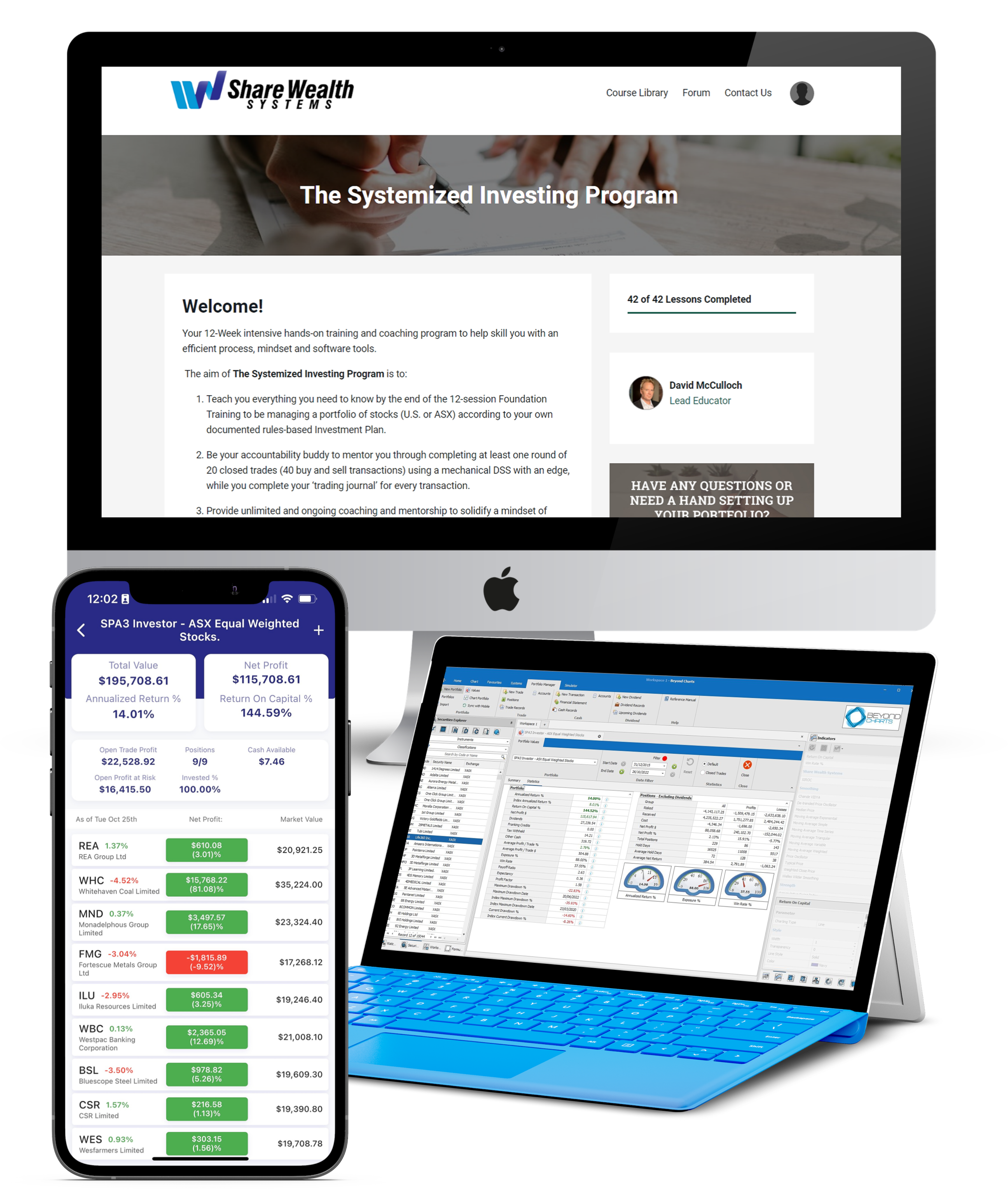The idea of retirement is back-of-mind for nearly all parents with their flat-out lives raising children and managing their work-life balance. But there are two very good reasons why parents of all ages need to prioritise how to better save for retirement.
The first reason is that research shows that there is a high probability that most Australians will suffer a ‘retirement gap’ of around 10 years[1], which measures the gap for retirees running out of money and the end of their lives.
The problem is especially troublesome for Australian women[2], who not only retire with less than half of the amount with which men retire, but also live longer than men. Career breaks and wage gaps impact how much women can realistically save for retirement.
The second reason is that the problem is not specific to just those nearing or in retirement now. 75% of parents’ children and young adults today are also not expected to have enough funds to achieve financial freedom in retirement. Financial freedom being a comfortable and independent retirement.
Addressing the Problem
The go-to investment for 75% of working Australians, saving 9.5% of their income into industry and retail Super funds, is into Balanced or life-stage (target date/life-cycle/cohort) funds. Sadly, nearly ALL such funds do not grow at a rate that permits a retiree to live comfortably and independently right through all their golden years. For two reasons.
Industry and retail Super funds, where most of Australians’ retirement money is invested, charge higher fees, which can play a major role in derailing your retirement saving plan, than other better-performing lower-fee funds over the long-term.
Secondly, industry and retail Super funds over-diversify, thereby putting a handbrake on long-term returns, when diversification is not necessary for decades of their investing lives.
The combination of these two problems can lead to multiple hundreds of thousands of dollars being forfeited from a retirement nest egg over the long-term.
Cutting Down Fees
Those investing with industry and retail Super funds may not realise the fees they incur as part of these funds are often double to ten times higher than an alternative lower-cost better performing fund, called an index Exchanged Traded Fund (ETF).[3]
For example, reducing fees by three quarters of a percent over 40 years can improve a retirement nest egg by $520,000!
Performance Problems Associated with Balanced Super funds
Conventional wisdom holds that diversification creates safer investments by protecting capital. However, too much diversification for too long can be a bad thing. Research shows that the reduction in returns over the long term far outstrips the corresponding benefit of diversifying to preserve capital.
Compared to an index ETF, the combination of fees and diversification in Balanced Super funds can mean lower annual returns of between 1.5% and 4.5%, which, when compounded over the long term is a huge difference in absolute dollars.
For example, $1,400,000[4] can be forfeited from a retirement nest egg over 40 years due to fee-fleecing and overdosing on diversification. That is a serious reduction in comfort and independence during retirement. And most Super investors pay a higher difference in fees and get worse returns, meaning even more than $1,400,000 can be lost forever.
What to do to have the best chance of the best long-term growth
- Minimise fees and reduce diversification.
- For long-term investing, such as Super, consider investing in index ETFs rather than balanced or diversified managed or Super funds. Index ETF annual fees are about the lowest going around. And they perform better over the long term than balanced and diversified managed and Super funds.
- Investing in index ETFs can be implemented through an SMSF (Self-Managed Super Fund) or through an industry Super fund electing the self-investing option, which is like a quasi-SMSF but costs much less to operate than an SMSF, around $200 to $375 per annum.
- For your part-time working teenage or uni-attending kids, check their Super statements for the huge effect that minimum admin fees and unnecessary life insurance have on their low Super balances. Annual admin fees can be as much as 30% of their current Super balance, which will wipe out their entire balance in around three years. Unnecessary life insurance when your kids have no assets or liabilities will ensure that their Super balances are wiped out even quicker while they are performing part-time jobs.
- Consider rolling over their Super to ING Living Super which charges low fees in two of their four Super options, or other low fee Super options. Many years from now your kids will really appreciate this simple exercise being potentially many thousands of dollars better off.
- Consider becoming more active with managing your Super and / or other stock market investments with our low-effort, near-passive stock market timing process called SPA3ETF, (https://www.sharewealthsystems.com/product/spa3etf/) which will ensure that severe stock market crashes are mostly missed.
Gary Stone is CEO and Founder of Share Wealth Systems and author of the book Blueprint to Wealth: Financial Freedom in 15 Minutes a Week www.blueprinttowealth.com
[1] HSBC Future of Retirement report
[2] http://www.superguru.com.au/about-super/women-and-super/
[3] The annual fees for an index ETF can be as low as 0.07% p.a. to 0.24% p.a., while Super funds have fees range from around 0.60% p.a. to 1.85% p.a.
[4] Assumptions: starting with $12,000, contributing $5,500 p.a. indexed at 2.5% p.a., with reduced return being 7.66% p.a. compared to 9.66% with an index ETF. Paying a realistic 0.75% extra in annual fees and losing 1.25% in compounded growth due to over-diversification over 40 years.


